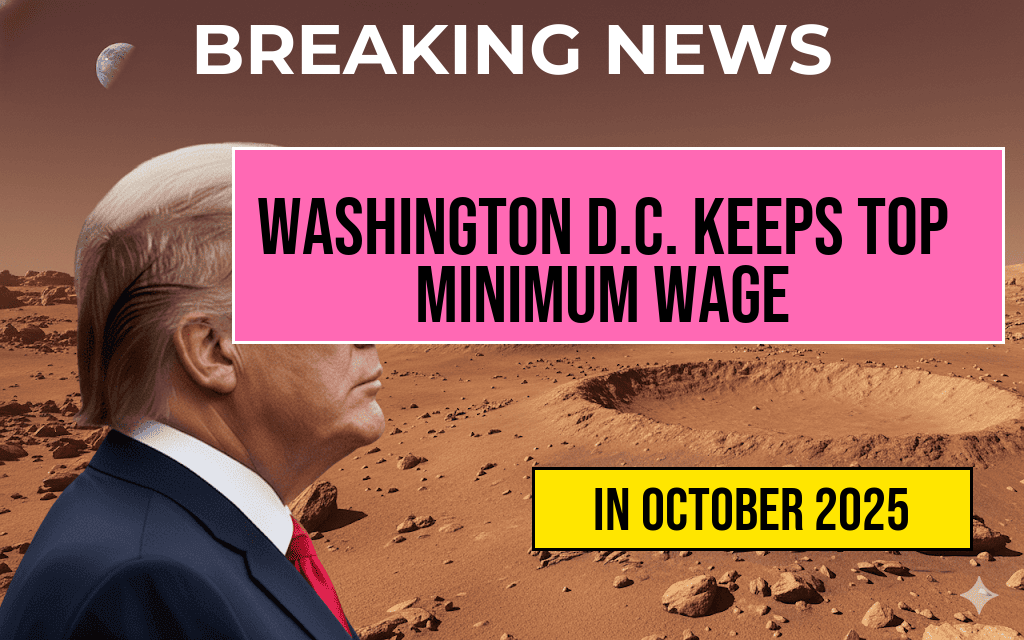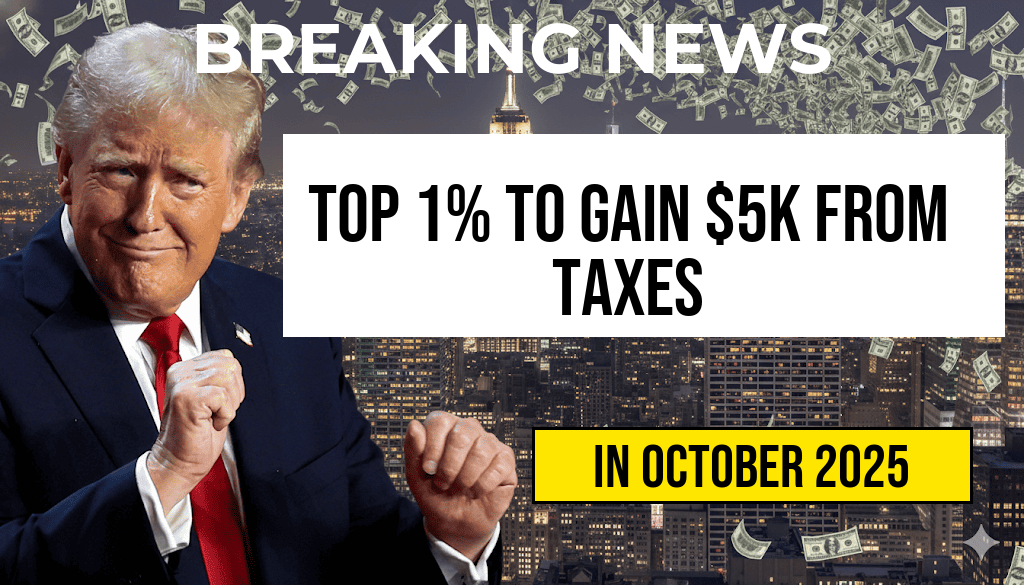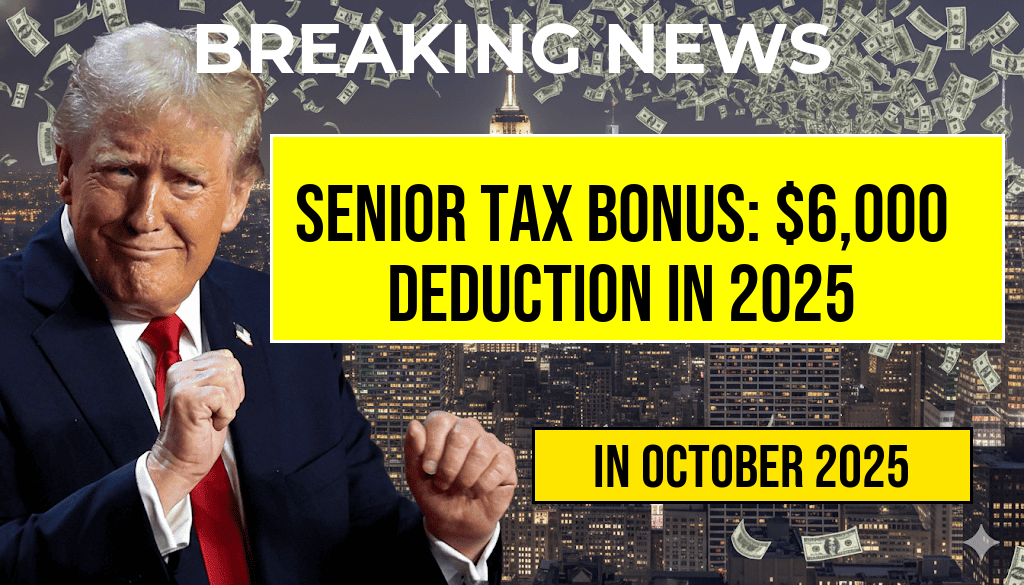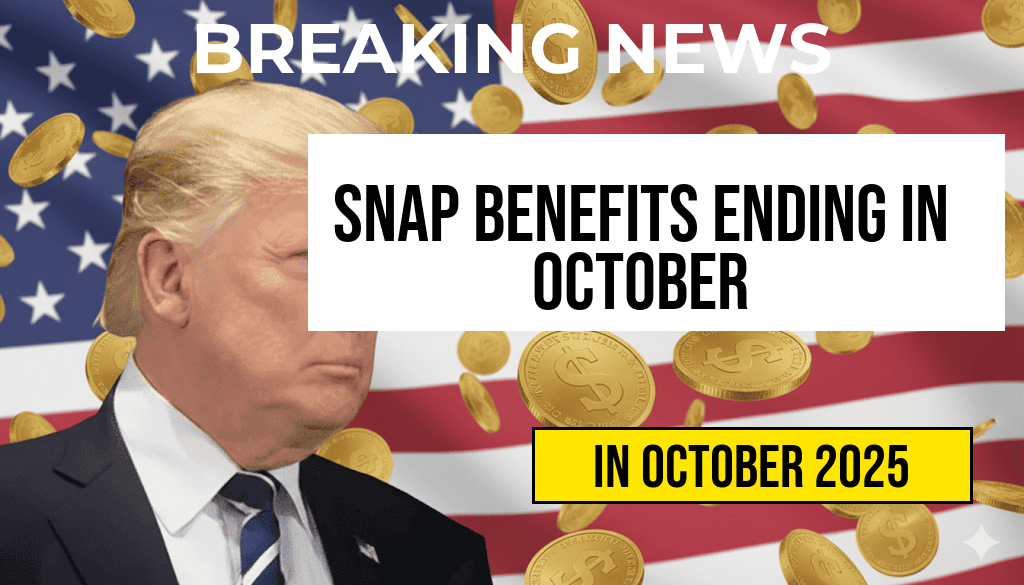Washington D.C. has solidified its position as the U.S. city with the highest minimum wage, maintaining a rate of $17.95 per hour as of 2024. This figure surpasses the national average significantly, reflecting the District’s ongoing efforts to address income inequality and cost of living pressures in the nation’s capital. The city’s minimum wage, which increased earlier this year following local legislation, remains a key point of comparison for other jurisdictions seeking to enhance wage standards. Local policymakers emphasize that the wage floor not only supports low-income workers but also stimulates economic activity within the city. Meanwhile, businesses and worker advocates continue to debate the broader implications of such wage policies, including their impacts on employment levels and business competitiveness. As discussions around a living wage persist nationwide, Washington D.C.’s sustained top spot underscores the city’s commitment to progressive wage policies amid a rapidly changing economic landscape.
Washington D.C.’s Minimum Wage Leadership and Policy Context
Historical Progression and Legislative Actions
Washington D.C. has progressively increased its minimum wage over the past decade, aligning with local efforts to address economic disparities. The current rate of $17.95 was established through legislation passed in late 2023, which incrementally raised wages from previous levels. The District’s minimum wage laws are among the most comprehensive nationwide, with scheduled annual increases aimed at keeping pace with inflation and the cost of living. According to the Wikipedia entry on minimum wages in the U.S., Washington D.C. has consistently ranked among the highest states and jurisdictions for wage standards.
Economic Impacts and Community Response
Proponents argue that the high minimum wage directly benefits low- and middle-income residents, reducing poverty and supporting local businesses that rely on consumer spending. “A $17.95 wage provides workers with a better quality of life and encourages them to stay within the city,” said labor economist Dr. Lisa Carter. Conversely, some business groups warn that elevated wages could lead to increased operating costs and potentially reduce hiring opportunities, especially for entry-level positions. The D.C. Chamber of Commerce notes that small businesses may face challenges adapting to wage hikes, although they acknowledge the importance of fair compensation.
Comparison with Other Major U.S. Cities
| City | Minimum Wage (per hour) |
|---|---|
| Washington D.C. | $17.95 |
| Seattle, WA | $17.65 |
| San Francisco, CA | $16.99 |
| New York City, NY | $15.00 (statewide, but city plans higher) |
| Chicago, IL | $15.00 |
While Washington D.C. leads in minimum wage levels, other cities like Seattle and San Francisco have also adopted aggressive wage policies, reflecting a broader trend towards higher baseline pay in urban centers with high living costs. The divergence in wage standards often correlates with regional economic conditions and political priorities.
Broader Economic and Policy Considerations
Living Wage Movements and Federal Policy Trends
The debate over minimum wages continues to be a polarizing issue at the national level. Advocates for higher wages argue that a $17.95 minimum wage aligns with a living wage standard, which considers the actual costs of housing, healthcare, transportation, and food. According to the MIT Living Wage Calculator, a single adult in Washington D.C. needs to earn approximately $20.50 per hour to meet basic expenses, highlighting the gap between current minimum wages and living wage benchmarks.
Potential Economic Outcomes and Future Outlook
Economic analysts suggest that sustained high minimum wages could influence employment patterns, with some businesses adjusting work hours or automation to offset labor costs. However, research from organizations like the Forbes indicates that well-structured wage increases can lead to increased productivity and worker retention. Policymakers in D.C. remain committed to balancing wage growth with economic stability, exploring measures such as targeted tax incentives for small businesses and workforce development programs.
Implications for Workers and Employers
Worker Benefits and Industry Responses
- Higher income stability: Low-wage workers experience improved financial security and greater capacity to participate in the local economy.
- Workforce retention: Employers report reduced turnover rates as wages rise, decreasing recruitment and training costs.
- Increased consumer spending: Higher wages translate into increased spending power, supporting local retail and service sectors.
Challenges Faced by Employers
- Operational cost increases: Small and medium-sized businesses face the challenge of managing higher payroll expenses.
- Pricing adjustments: Some businesses may pass costs onto consumers, potentially impacting affordability.
- Employment levels: Concerns persist regarding potential reductions in hiring or shifts to automation, particularly in sectors heavily reliant on low-wage labor.
As Washington D.C. continues to lead with its minimum wage policy, the city exemplifies a broader national conversation about fair pay and economic equity. Stakeholders anticipate ongoing adjustments and policy refinements as the economic landscape evolves, with the goal of fostering a sustainable balance between fair compensation and business vitality.
Frequently Asked Questions
What is the current minimum wage in Washington D.C.?
The minimum wage in Washington D.C. is currently set at $17.95 per hour, maintaining its position as the highest in the nation.
How does Washington D.C.’s minimum wage compare to other states?
Washington D.C. offers a higher minimum wage than most states, ensuring better earnings for workers within the city, and it continues to lead nationwide in this regard.
Are there plans to increase the minimum wage further?
While the article does not specify future increases, Washington D.C. regularly reviews its wage policies to ensure they stay competitive and fair for workers.
Who is affected by the minimum wage policy in Washington D.C.?
The minimum wage applies to most hourly workers in the city across various industries, aiming to improve living standards and reduce wage disparities.
What are the benefits of maintaining a high minimum wage like Washington D.C.’s?
Maintaining a high minimum wage helps support economic stability, reduces poverty levels, and promotes a fair living wage for all workers in the city.






